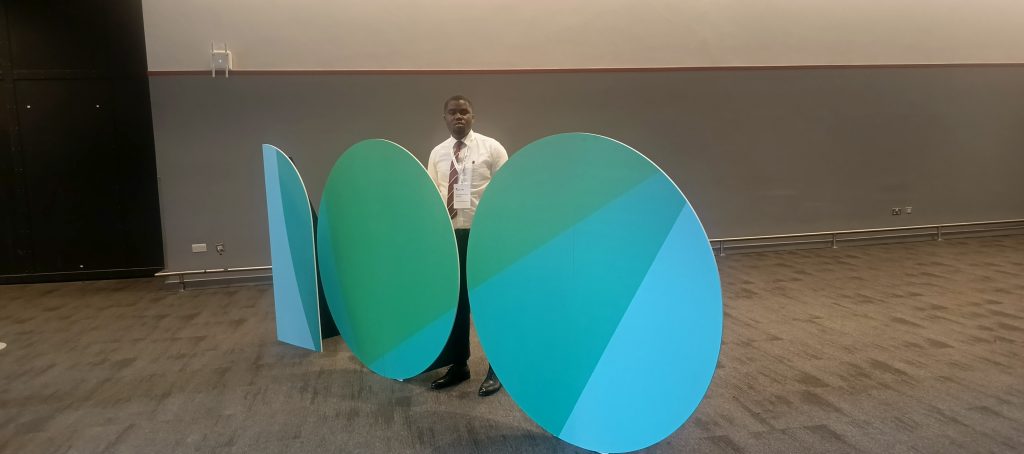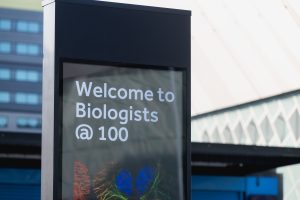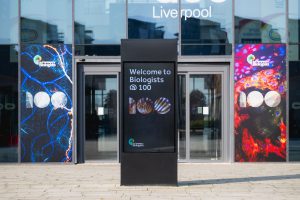18 August 2025
by Jeroen Dobbelaere
One of the key missions of universities and research institutes is to educate the future generations of teachers and researchers. Therefore, it is key to integrate sustainability in the ongoing training. Currently, many science curricula lack sustainability. More universities now offer specific sustainability courses, but an integration in all courses has not happened. To integrate sustainability (including environmental, social and financial aspects), a general embedding will be needed.
15 July 2025
 We are excited to release our event carbon calculator for academic events.
We are excited to release our event carbon calculator for academic events.
We are keen to support biologists and organisers in the process of creating academic events and we encourage them to reflect on the CO2 emissions that these events will generate. We acknowledge the difficulty of developing a sustainable strategy with minimal guidance, so we created an event carbon calculator to help gain insight over the main drivers of the CO2 emissions generated by their event.
23 June 2025
The Company of Biologists works hard to support innovation that can accelerate sustainable development in the academic event industry. One of the latest projects we have supported through our Fund for Innovations in Sustainable Conferencing is The Pavilion for People, an exciting experiment that was part of the 2025 UN Ocean Conference. The Pavilion for People was an online space created by utilising already existing technology in a new creative way, allowing people from all around the world to interact, share their ideas and make commitments for protecting the oceans.
29 April 2025
by Jeroen Dobbelaere
Some contributors to the carbon footprint such as energy use, business travel and ventilation may be more obvious to researchers. What is often less understood in a lab is the direct and indirect impacts of the materials used to conduct research. Using high grade materials requires a lot of different resources.
21 March 2025
In the light of climate change, biologists are working together to find a way of running scientific meetings in a more sustainable manner. We are putting a call out to everyone (biologists or not) to share with us their ideas to innovate event organisation to have a lower environmental impact.
 Write an essay of maximum 1,000 words to detail how your idea will change scientific events organisation and will open the door to a new concept of organising events in the next 10 years.
Write an essay of maximum 1,000 words to detail how your idea will change scientific events organisation and will open the door to a new concept of organising events in the next 10 years.
The best ideas will be rewarded. The winning essays will be rewarded with £250 for first prize, £150 for second prize and £100 for third prize. The winning essays will be selected by our Sustainability Committee and will have the opportunity to feature on our website.






 We kept sustainability at the forefront of our minds when planning the conference and thank everyone involved in helping us make this vision real. We summarise below the ways in which sustainability played a key role at Biologists @ 100.
We kept sustainability at the forefront of our minds when planning the conference and thank everyone involved in helping us make this vision real. We summarise below the ways in which sustainability played a key role at Biologists @ 100.
 We are excited to release our
We are excited to release our  Write an essay of maximum 1,000 words to detail how your idea will change scientific events organisation and will open the door to a new concept of organising events in the next 10 years.
Write an essay of maximum 1,000 words to detail how your idea will change scientific events organisation and will open the door to a new concept of organising events in the next 10 years.
You must be logged in to post a comment.